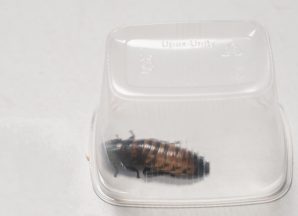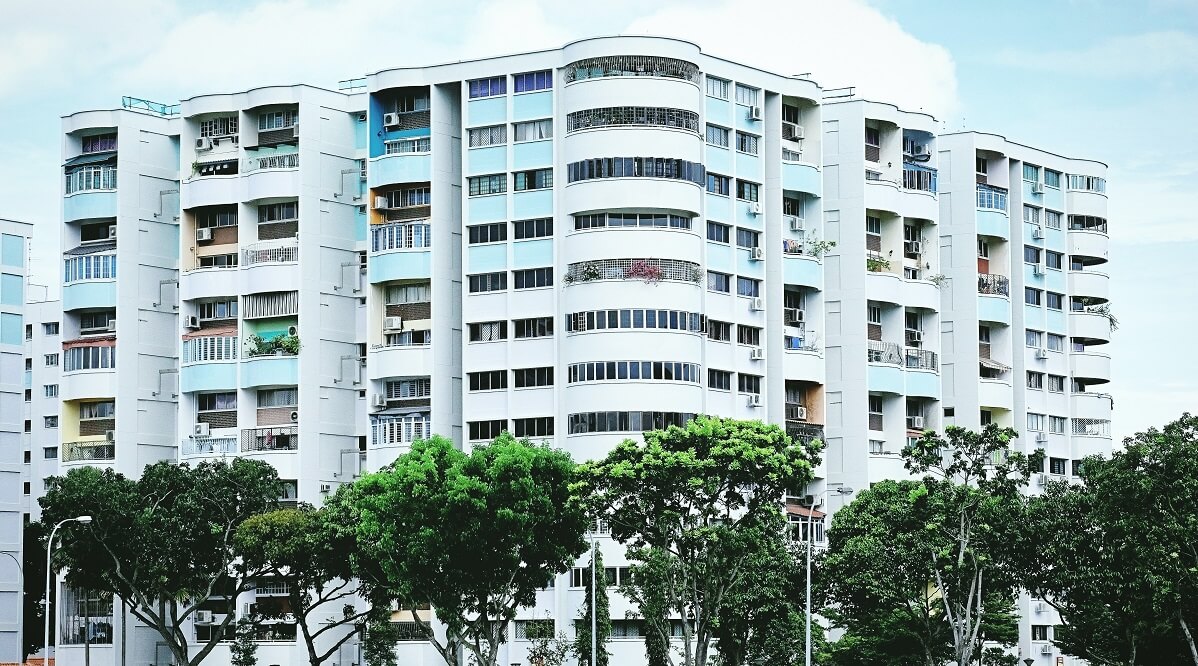We recently downsized from the family home and moved into an apartment building. We were very much looking forward to a lower maintenance space and proximity to a wide range of amenities. Situated in the heart of Brisbane, our new apartment is so close to all our favourite shops and restaurants. The lifestyle change afforded by apartment living has been wonderful.
However, not long after we settled in, we noticed cockroaches in the communal areas of the apartment building. In fact, it quickly became clear that the complex had a pest problem. Once upon a time, we would have jumped on the phone to arrange a pest controller to treat our home. But living in a strata complex, we had to wonder, whose responsibility is it to maintain pest control?
We set about learning who was responsible for strata pest control and understanding what role tenants, homeowners, property managers and landlords play in ensuring pests can be dealt with quickly and efficiently. Here’s what we discovered.
The basics of strata pest control

Pest control is important! After all, no one wants to live in a space that may be infested with cockroaches, fleas, ants, spiders, or silverfish!
Strata pest control can include a mix of responsibilities between tenants and property managers or owners.
In many cases, your property manager will leave the responsibility of controlling potential infestations up to you in your personal space. However, when it comes to communal areas, strata have a duty to control pests effectively.
Strata’s responsibilities
For strata managers and property landlords, pest control is a critical component in providing tenants with a welcoming and hygienic living space. It can make a big difference to a building’s reputation and perceived quality.
Many apartment buildings have a range of communal areas. You might share a lift or stairwell, or your building may include a communal lobby, gym, pool, garden, or rooftop space.
In these communal areas, no one tenant can be responsible for ensuring a clean and pest-free space. This means that the task of controlling pests is up to the property manager.
If you’re paying for access to communal spaces as part of your apartment living experience, your strata manager needs to ensure that health and safety standards are met in those areas – and that includes getting rid of pests!
Your responsibilitieS
Pest control for tenants remains an important consideration. This helps you ensure that your own private spaces are free from nasty infestations that might compromise hygiene and make for an unpleasant living experience.
While your landlord should ensure a pest-free space before you move into your new apartment, anything after that is up to you as far as your personal environment is concerned.
In spaces you don’t share with other tenants in your building, you need to maintain your own pest control and quickly deal with any infestations should they occur. In fact, this may even be a stipulation of your lease contract if pests from your apartment spread to communal areas, or if pests like termites cause damage to building structures.
Additionally, many property managers will require a full pest treatment at the end of your lease, before you move out. This is especially likely if you have been allowed to keep pets in your apartment and flea infestation is a risk.
What to do next
Wondering what you can do to get rid of pests fast?
After we noticed pests in the communal areas of our apartment building, we promptly contacted our strata manager. We put our concerns in writing and requested that strata arrange for a pest control treatment as soon as possible.




